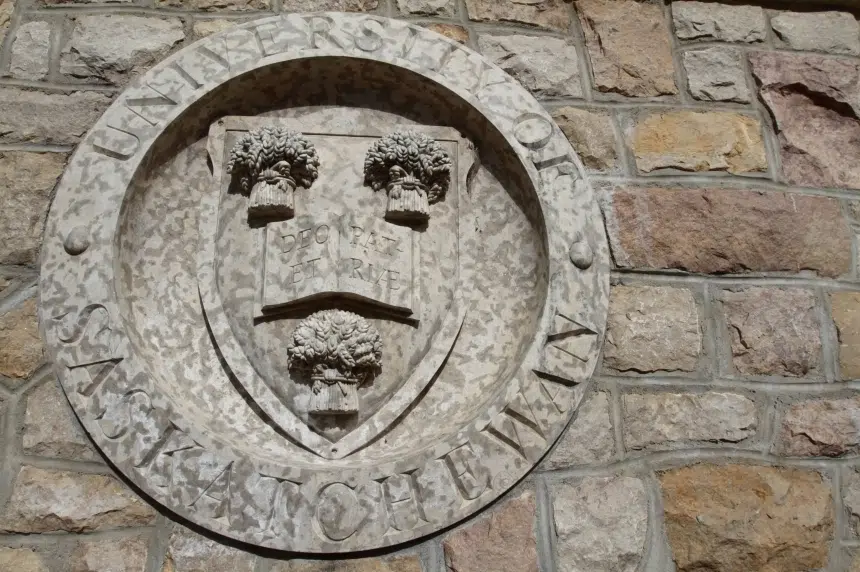The University of Saskatchewan is considering raising the tuition for graduate students by 10 per cent per year for the next five years.
Tuition at the U of S is currently near the bottom of Canada’s top research-intensive schools, known as the U15. The proposed increase would bring the university’s tuition up to the median level of the U15 schools.
“USask offers high-caliber programs that rank not only near the top in the country but are some of the best programs internationally,” said U of S Provost and Vice-President Academic, Tony Vanelli, in a statement.
“Tuition revenue provides colleges and schools with resources to improve services for students and provide attractive academic programming compared to our peers.”
The proposed increase isn’t sitting well with the university’s graduate students.
“We wanted to make it clear to the board of governors that this is not acceptable,” said Mary Mendoza, president of the Graduate Student Association on campus.
“Tuition increases doesn’t have anything to do with the reputation of the U15. You belong to the U15 because of the research you do.”
Mendoza believes the increased tuition will actually be detrimental to the university’s research with the biggest impacts coming for international students.
“Some of them receive a specific scholarship with a specific amount of money that they receive per month so if they increase tuition they will have to use that amount of money to pay tuition,” she said.
“So I think international students are highly affected because the increase is not only the domestic fee but also the differential fee. So they will be highly disadvantaged.”
According to Vanelli’s statement, if the changes were to be implemented the university will also increase financial aid for students that need it.
“The university’s principles ensure that those with financial needs do not face economic barriers,” he said in the statement.
“To support this principle, the university would increase student financial aid for grad students, in the form of scholarships, bursaries, and tuition credits by more than $10 million per year for graduate students by 2025.”
Mendoza says she hopes the concerns of the university’s graduate students are taking in to consideration by the board of governors before the final decision is made.
“Our biggest concern is that our voices are not heard. Our hope is to have an opportunity to provide feedback and yesterday I think all graduate students who attended the meeting had very important questions,” she said.
“We just want those questions to be taken into consideration and to have an answer from the board of governors and have an answer from the people who created these proposals.”







